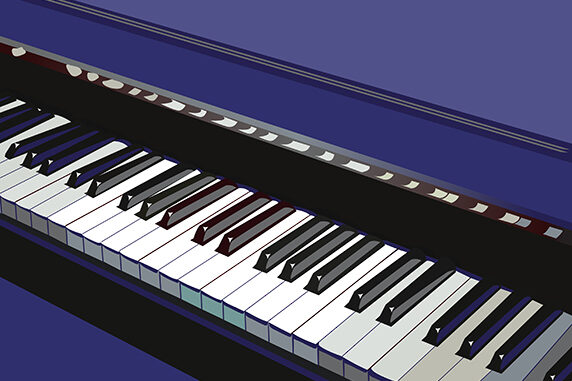
By Zoe Finholm//
Hood College Board of Trustees has voted to eliminate several majors and minors.
The music and philosophy majors, as well as the minors in film studies and writing have been eliminated, and theater minor has been placed on conditional status. However, classes will still be offered in these subject areas as a part of the college’s core curriculum.
Debbie Ricker, the provost and vice president for Academic Affairs, said the programs addressed were placed on conditional status for the last three years due to “low enrollment and few graduates.” Despite the department’s actions to build interest and grow enrollment, students were still not choosing to pursue these programs, Ricker said.
According to Ricker, there are only three students enrolled as music majors and two as philosophy majors. In the last five years, seven students have graduated as music majors and five as philosophy majors.
The students currently enrolled as philosophy or music majors will not be impacted and will be able to progress through their major as planned, and any current student can pursue a major in music and philosophy.
About every five years, all academic programs undergo a comprehensive analysis, Ricker said. This analysis is either mandated by an accrediting agency, such as the Commission on Collegiate Nursing Education and the Maryland State Department of Education, or by the college.
“The program review should be both reflective of those years since the last program review was conducted and forward-looking, seeking to make data-informed decisions regarding program improvements and advancements,” Ricker said.
Several other small, private, liberal arts schools including McDaniel College, Goucher College and Marymount University have recently made similar decisions.
“We’re disappointed, obviously,” said Noel Verzosa, associate professor of music and chair of the music department. The decision to discontinue the music major was made based on data from 2020-2023, where the department only had two graduating majors, not meeting the administration’s requirement. “It is saddening to us that the fate of the music major rested simply on the placement of the timeframe,” Verzosa said. “We’re also frustrated because this decision may undo the momentum we’ve managed to build these past few years.”
Music ensembles such as the Hood College Choir and the string ensemble are a “dynamic component” of the campus and will continue to be supported, according to Chapdelaine.
“The current higher education landscape is challenging for colleges who have a strong and rich tradition in the humanities and performing arts,” Chapdelaine said. “Hood is not unique in this situation, but these difficult decisions reflect our response and adaptations to the ever-changing trends in higher education programming and student demand.”
“This is not the first time the music major has been discontinued. The last time was about thirty years ago, I believe, and the music faculty was eventually able to bring it back,” Verzosa said. “So we have no reason to believe it can’t be brought back again, and we’re determined not to wait another thirty years for it.”



Be the first to comment